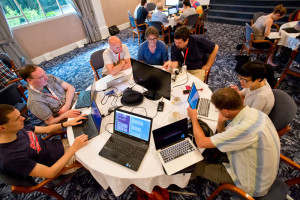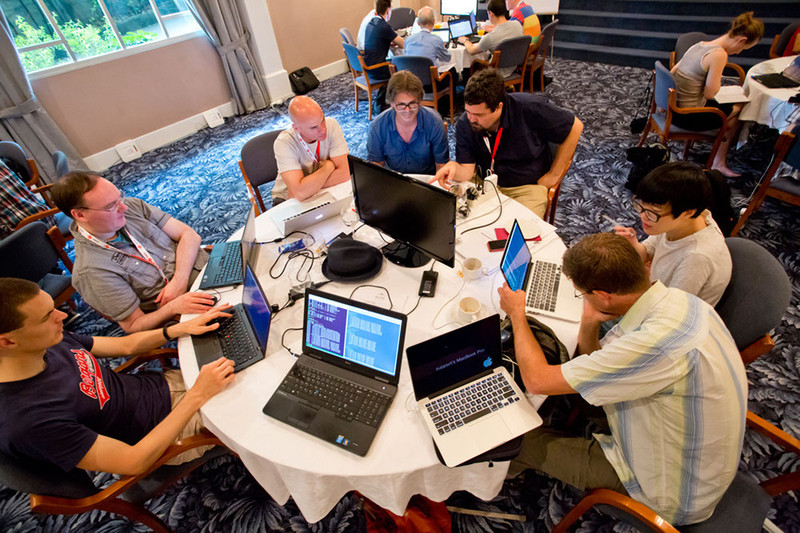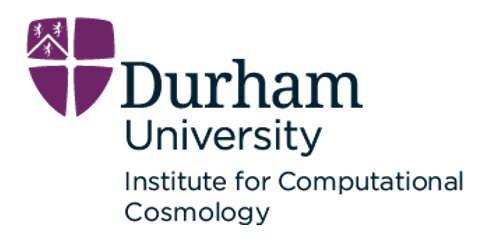 Over at CSCS, Simone Ulmer writes that the first-ever OpenACC Hackathon in Europe gave HPC users a unique opportunity to accelerate their own codes.
Over at CSCS, Simone Ulmer writes that the first-ever OpenACC Hackathon in Europe gave HPC users a unique opportunity to accelerate their own codes.
Despite what the name “EuroHack” may lead people to believe, no external systems were hacked during the EuroHack workshop in Lugano. In actual fact, the aim of the event was for experts to design computer codes that would exploit computer architectures more efficiently.
There was plenty of “hacking” going on in Lugano from 6 to 10 July – but it was all completely legal, as the Hotel de la Paix hosted a workshop for developing efficient supercomputer codes. Over 60 computer specialists gathered in the hotel’s air-conditioned rooms – a pleasant escape from the scorching temperatures outside – to take part in the first OpenACC EuroHack, an event initiated by the Swiss National Supercomputing Centre (CSCS). OpenACC is an extension of existing programming languages, such as Fortran or C++, for GPUs to enable programs to calculate more quickly. Modern GPUs act as accelerators, which speed up computationally intensive parts of a wide spectrum of computer codes, not merely graphics rendering. The participants learned how to issue directives to the compiler (which converts the applications into the computer language, so to speak) with the help of OpenACC so that specific parts of the codes are translated in a way that makes them run exceptionally efficiently on the GPUs of a supercomputer. The “hackathon” was aimed at supercomputer users with experience in all kinds of research disciplines and applications.
The next scheduled OpenACC Hackathon takes place Oct. 19-23 in Knoxville, Tennessee.




